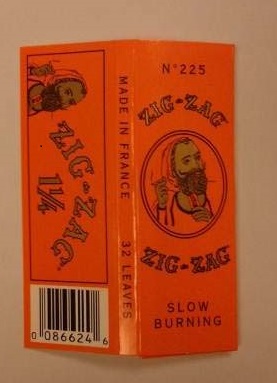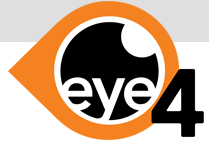 Indianapolis, Indiana – Trademark attorneys for Plaintiff The American Automobile Association, Inc. (“AAA”) filed a trademark lawsuit in the Southern District of Indiana. Two Bloomington Defendants are named, AAA Automotive Parts and the company’s owner. Defendants also do business as AAA Automotive & Truck Parts, and d/b/a AAA Automotive Parts.
Indianapolis, Indiana – Trademark attorneys for Plaintiff The American Automobile Association, Inc. (“AAA”) filed a trademark lawsuit in the Southern District of Indiana. Two Bloomington Defendants are named, AAA Automotive Parts and the company’s owner. Defendants also do business as AAA Automotive & Truck Parts, and d/b/a AAA Automotive Parts.
AAA, a not-for-profit corporation, offers “travel and automobile products and services (including automobile repair services at its AAA Car Care Centers and through AAA Approved automobile repair businesses), financial advice, insurance and warranty coverage, and discounts.”
Defendants own and run a website, TRIPLEAPARTS.COM, on which they advertise automobile-related goods and services. Defendants also have brick-and-mortar shops in Indianapolis and Griffith, Indiana as well as locations in Missouri and Florida.
In this Indiana trademark lawsuit, lawyers for AAA listed the following causes of action:
• Count I: Federal Trademark Infringement in Violation of Section 32 of the Lanham Act
• Count II: Federal False Designation of Origin and Unfair Competition in Violation of Section 43(a) of the Lanham Act
• Count III: Federal Trademark Dilution in Violation of Section 43(c) of the Lanham Act
• Count IV: Cybersquatting Under Section 43(d) of the Lanham Act
• Count V: Trademark Dilution Under Ind. Code § 24-2-1-13.5
• Count VI: Trademark Infringement Under Ind. Code § 24-2-1-13• Count VII: Unfair Competition and Trademark Infringement Under Common Law
AAA, which claims ownership to over 100 trademarks, contends that the following trademarks are at issue in this lawsuit:
|
Reg. No. 829,265 |
AAA Mark, used in connection with a |
|
Reg. No. 2,158,654 |
AAA & Design Mark, used in |
|
Reg. No. 3,316,227 |
AAA & Design Mark, used in |
|
Reg. No. 1,168,790 |
TRIPLE A Mark, used in connection |
|
Reg. No. 3,046,904 |
AAA Mark, used in connection with |
|
Reg. No. 3,046,905 |
AAA & Design Mark, used in |
|
Reg. No. 3,102,319 |
AAA & Design Mark, used in |
|
Reg. No. 5,036,379 |
AAA Mark & Design, used in |
|
Reg. No. 1,449,079 |
AAA APPROVED AUTO REPAIR & Design |
|
Reg. No. 3,604,164 |
AAA TOTAL REPAIR CARE Mark, used in connection |
AAA seeks damages and asks that those damages be trebled pursuant to 15 U.S.C. § 1117 and Indiana law. It also seeks equitable relief, costs and attorneys’ fees.
 Indiana Intellectual Property Law News
Indiana Intellectual Property Law News



